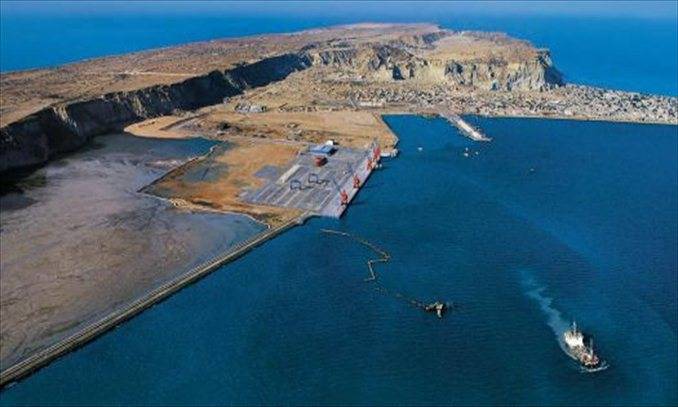It is hard to cast out the deep green colored waters, shimming under the stark sun and the gushing breeze cradling one sideways while standing at a distant beech in Baluchistan. Even though we know that the serenity in there is almost superficial. The tremors of unrest and discontent on the part of the local population can be felt through the words of any common Baloch one comes across.
Some call it their dissident behavior but for them it is a cause to fight for, no matter how they are labeled. It has been highlighted time and again how the impoverished people of a rich land still suffer the wounds of discrimination and exploitation of their natural resources at the hands of the authorities pulling strings from the twin cities. But the time has come to honor the 18th amendment that was passed by the last parliament making each province the owner of its own resources. It empowers the people of the land to claim what they have and move forward towards prosperity as they interpret it, while remaining a part of the federation.
In the last many years the legislators have basked in the glory of taking this fundamental initiative but most of the written words are still lying dead, piled under a stubborn and undue highhandedness shown by the civil and military establishment in giving the provinces what they never had.
The Gwadar Port has always been portrayed as the greenest pasture available; one where the federation is all set to sail us to. Looking into the official ledgers and reports, one cannot help but admire the ‘vision’ of our leaders, who at the will of the Chinese ambassador are more than ready to alter the route of recently announced Pak-China Economic Corridor.
Let’s not forget the initiatives from New Delhi that is hell bent on developing another mega project just a few miles away from the Gwadar Port. Iran’s Chahbahar Port can be an attempt to reach Afghanistan through an alternate route, alienating Pakistan as a result.
Due to its political and strategic value, the US government once convinced the Pakistani government to hand over the port to the Port Authority of Singapore. The presence of China right next to the Gulf of Oman and in the Arabian Sea can be a nightmare for US authorities as the Gulf of Oman is considered to be one of the major International passages for oil carriers floating towards the land of the rising sun and to the west.
Leaving aside the international political interests for a while, it is important to understand how the locals view the situation. The large portion of the Baloch population is still vary of the changes taking place at their beaches. Those who could not get much out of the vast deposits of natural gas, would be fooling themselves if they took this development as a golden opportunity – at least, as things stand.
The Pak China proposed Economic Corridor is to connect Pakistan with China through the Khunjerab Pass, taking us all up to the Central Asian countries. But who is to benefit from all this? This is the basic question that would concern every single Baloch.
As per the reports the initial corridor was to pass through Dera Ismail, Zhob, Quetta before reaching the silver sands of the deep sea port. However, the senators recently claimed it on the floor that the route has been ruthlessly altered. The modified route would thus include Hasan Abdal, Lahore, Multan, Sukkar Hyderabad and Rattu Dero. It has been claimed by the legislators from KP and Baluchistan that the original length of the corridor between Gwadar and Khunjerab is 2,681 km. However, after the modification in its original plan, it would add 1,000 more kms to the passage.
Factories and mills were established in various parts of Punjab without ever realizing how the demand for the energy would be met one day. Lahore and Faisalabad along with many other small cities in Punjab today not only have the largest of the factories but acutest of the energy crises as well.
Punjab does not have the biggest of the dams; it does not have the port; it does not have the gas and the oil fields and fortunately it is still the most populous and most prosperous of all the other three provinces. Then why not raise new economic zones in areas where there are none? The terrorism infested Khyber Pakhutnkhwa, Southern Punjab and politically unstable Baluchistan surely have the right, not just to set their own rules for survival and utilization of their natural resources, but also to set the direction towards where they want to see themselves after a decade or so.
If the industry of Karachi and Punjab could build so much around it, pull millions out of their far flung homes to become a part of a more settled and streamlined economy, then why deprive other provinces of similar dreams?
Why should Quetta not be able to catch the fancy of a dreamer who would leave the yellow mustard fields of Punjab behind and migrate to Zhob or Hasanabdal in the not-so-distant future?
There is no other way to keep the federation intact and functional but to let the provinces exercise their right of autonomy. The bondage like effect has already alienated the residents of smaller provinces, fanning their deprivations and waiting for the time to call it quits.






